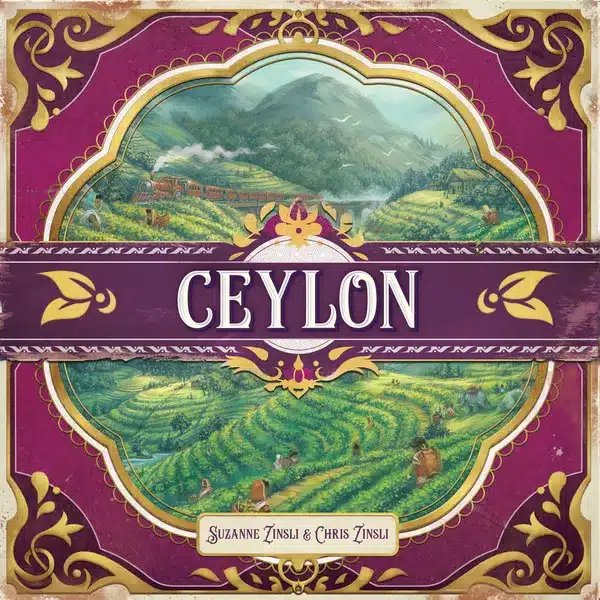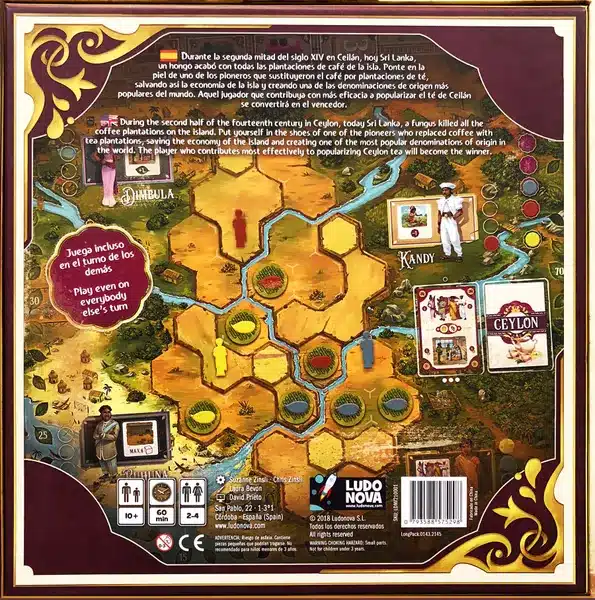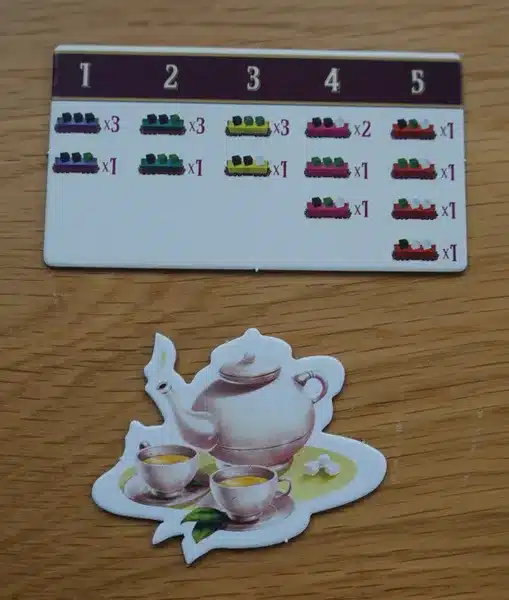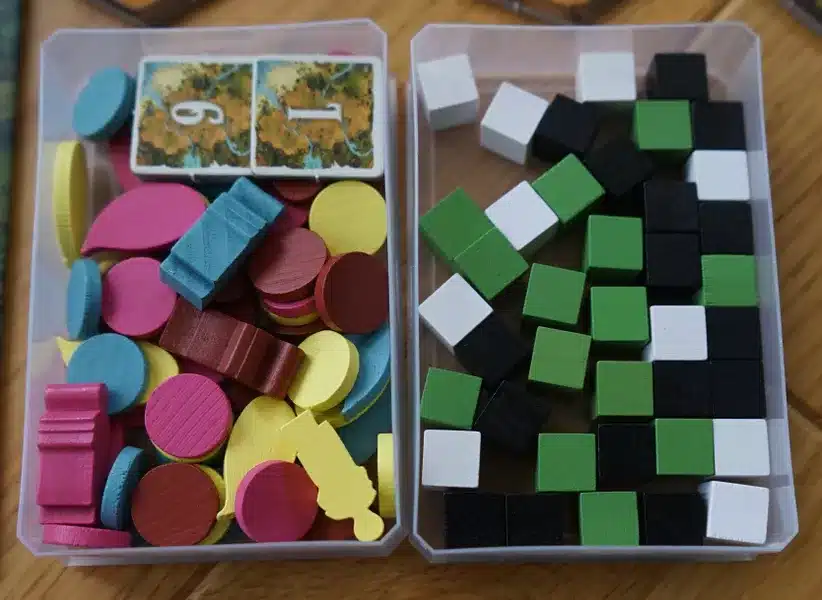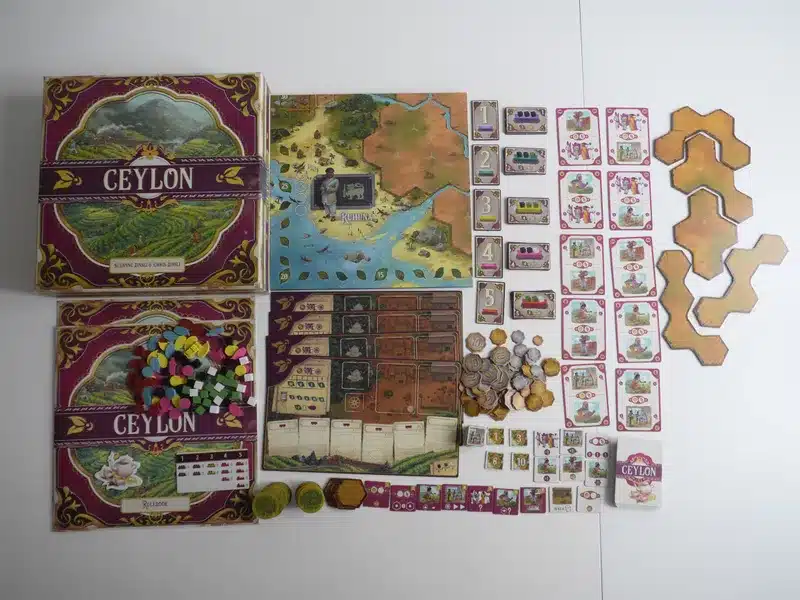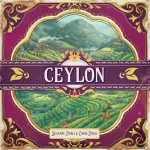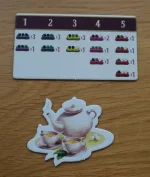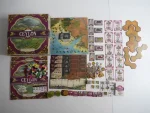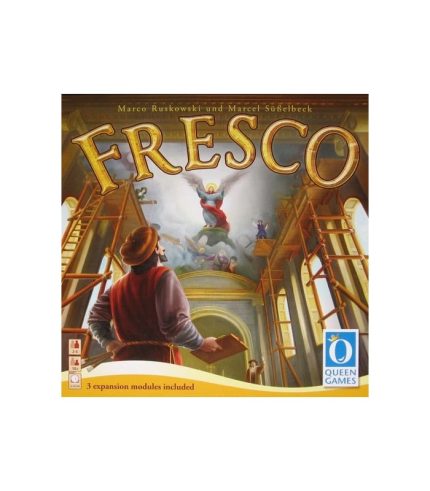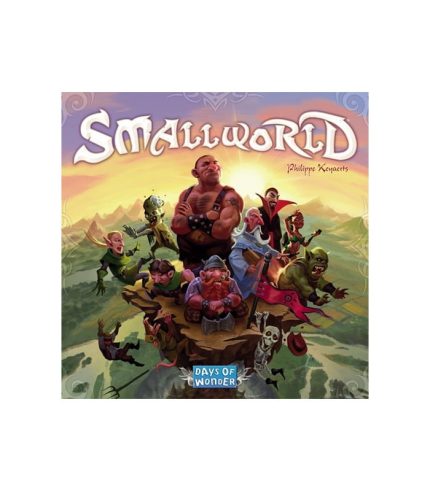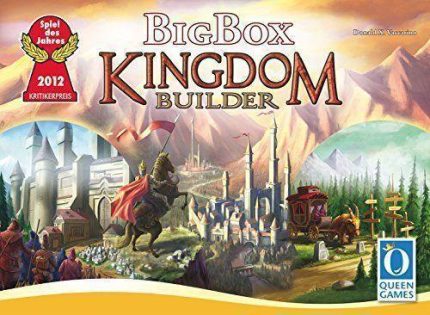در نیمه دوم قرن نوزدهم در سیلان آن زمان، که امروزه برای همه به عنوان کشور سریلانکا شناخته می شود، یک قارچ کشنده تمام مزارع قهوه در جزیره را از بین برد و در نتیجه باعث ایجاد یک بحران اقتصادی جدی شد. جیمز تیلور اسکاتلندی، و بعداً بسیاری از کارآفرینان دیگر، تصمیم گرفتند مزارع چای را جایگزین مزارع قهوه کنند و از این رو چیزی را ایجاد کردند که بسیاری از خبرهها امروز آن را بهترین چای در جهان میدانند.
در بازی رومیزی سیلان، بازیکنان نقش پیشگامانی را بر عهده می گیرند که صنعت چای سیلان را توسعه دادند. به این ترتیب، آنها در مناطق مختلف و در ارتفاعات مختلف مزارع می سازند. آنها چای تولید می کنند و سعی می کنند آن را به مهم ترین شرکت های صادراتی بفروشند. برای حمایت از این کار، آنها باید لطف مشاوران هر منطقه را جلب کنند و فناوری لازم را توسعه دهند که به آنها امکان می دهد از رقبای خود پیشی بگیرند.
در پایان بازی فکری سیلان، بازیکنان برای داشتن مزارع در هر منطقه، برای برآورده کردن خواستههای تعیین شده، برای سطح پیشرفت فناوری و مقدار پول جمعآوری شده امتیاز کسب میکنند. در نهایت بازیکنی که بیشترین امتیاز را داشته باشد برنده است.







